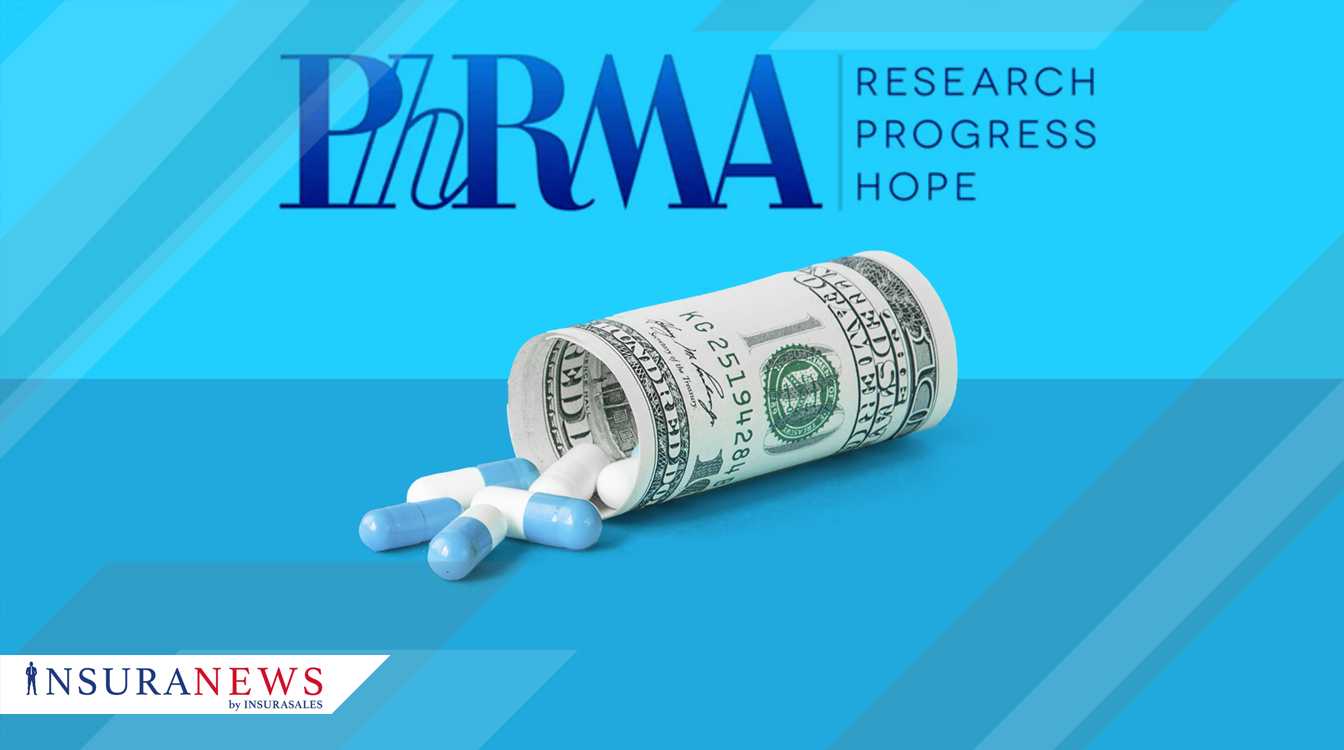Pharma’s New Patient Access Website: A Signal for Insurers?
PhRMA introduces an online platform connecting patients with discounted pharmaceuticals as the U.S. government pressures drug companies to reform pricing and distribution.

PhRMA introduces an online platform connecting patients with discounted pharmaceuticals as the U.S. government pressures drug companies to reform pricing and distribution.
Pharmaceutical companies agree to significant Medicare drug price cuts under Trump administration, projecting billions in savings with impacts on Medicare Part D and drug affordability.
CMS unveils the GENERous Medicaid payment model introducing MFN drug pricing, alongside expanded Trump administration drug pricing agreements and key regulatory updates for 2026.
Novo Nordisk and Eli Lilly agree to lower GLP-1 drug prices in exchange for expanded Medicare and Medicaid coverage, marking a major shift in U.S. drug pricing and access.
The looming deadline for drugmakers to comply with the Most Favored Nation drug pricing policy raises concerns over potential disruptions to Medicare Part D, highlighting regulatory and market risks for U.S. drug pricing and federal entitlement programs.
Recent legislative changes to Medicare’s drug price negotiation program expand orphan drug exclusions, delaying price negotiation for expensive specialty drugs and increasing costs for Medicare beneficiaries.
Analysis finds GLP-1 drugs like semaglutide offer real health benefits but raise insurance coverage and cost challenges amid growing demand in the U.S. market.
Congress returns from recess with five key U.S. health policy priorities including FY26 appropriations, OTC drug fee program reauthorization, drug pricing reform, Medicare/Medicaid extenders, and ACA tax credits.
Explore Medicare coverage limitations for Saxenda, a GLP-1 agonist approved for weight loss, and the implications for obesity drug access and insurance plan strategies.
Medicare Part D enrollees may face significant premium hikes up to $50 monthly in 2025 due to increased drug spending, policy changes, and reduced federal stabilization funding. Compare plans during open enrollment.